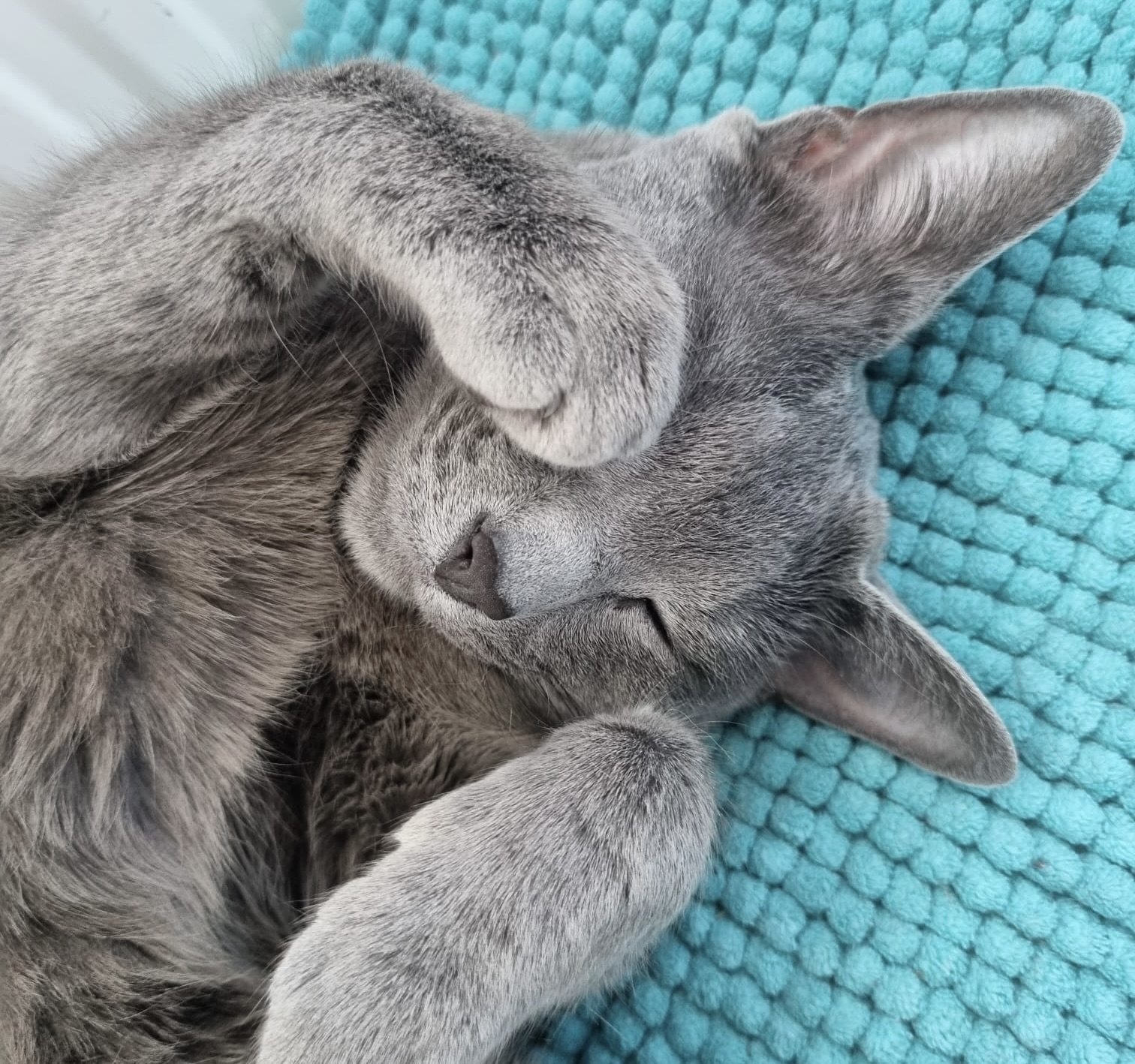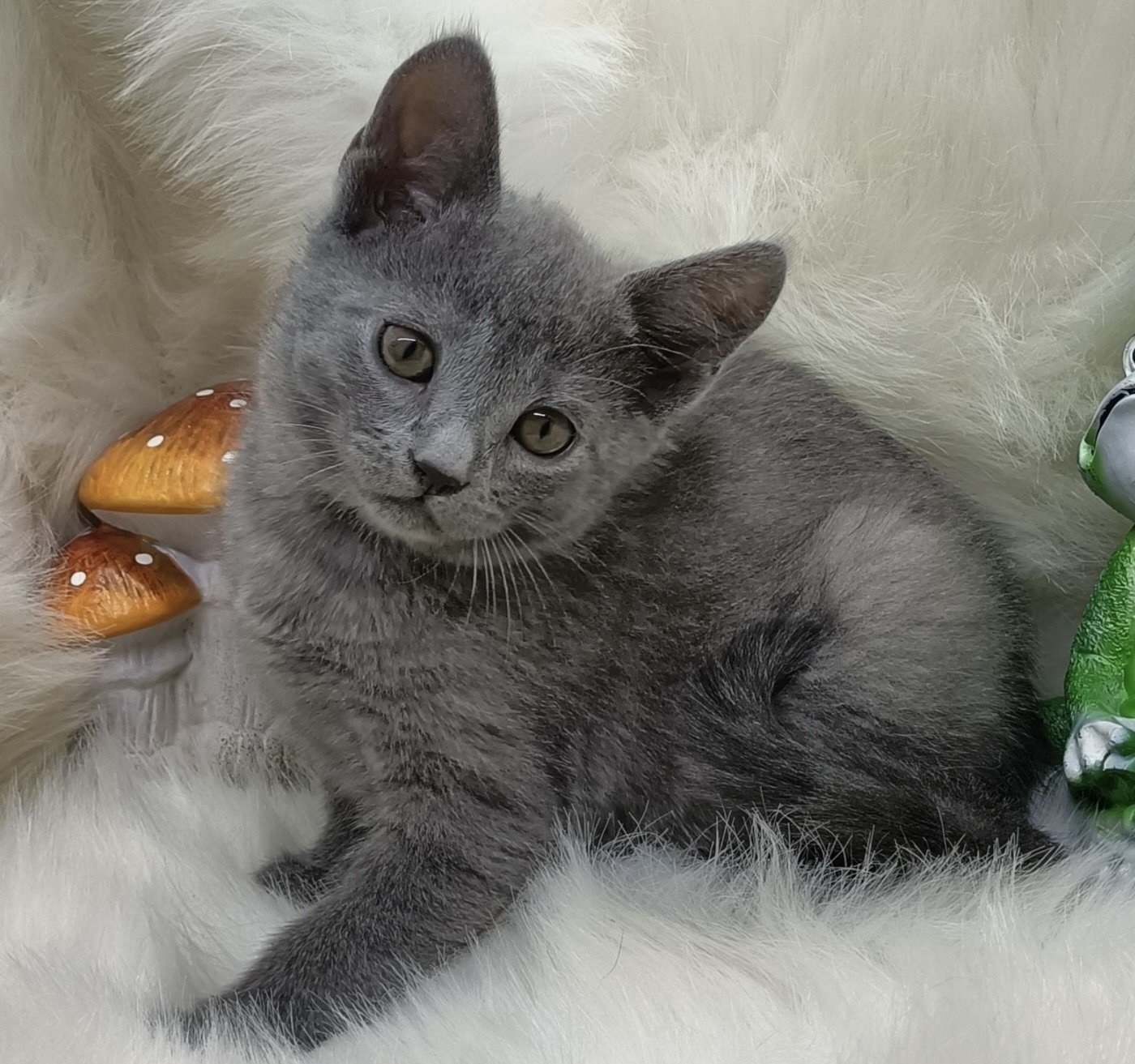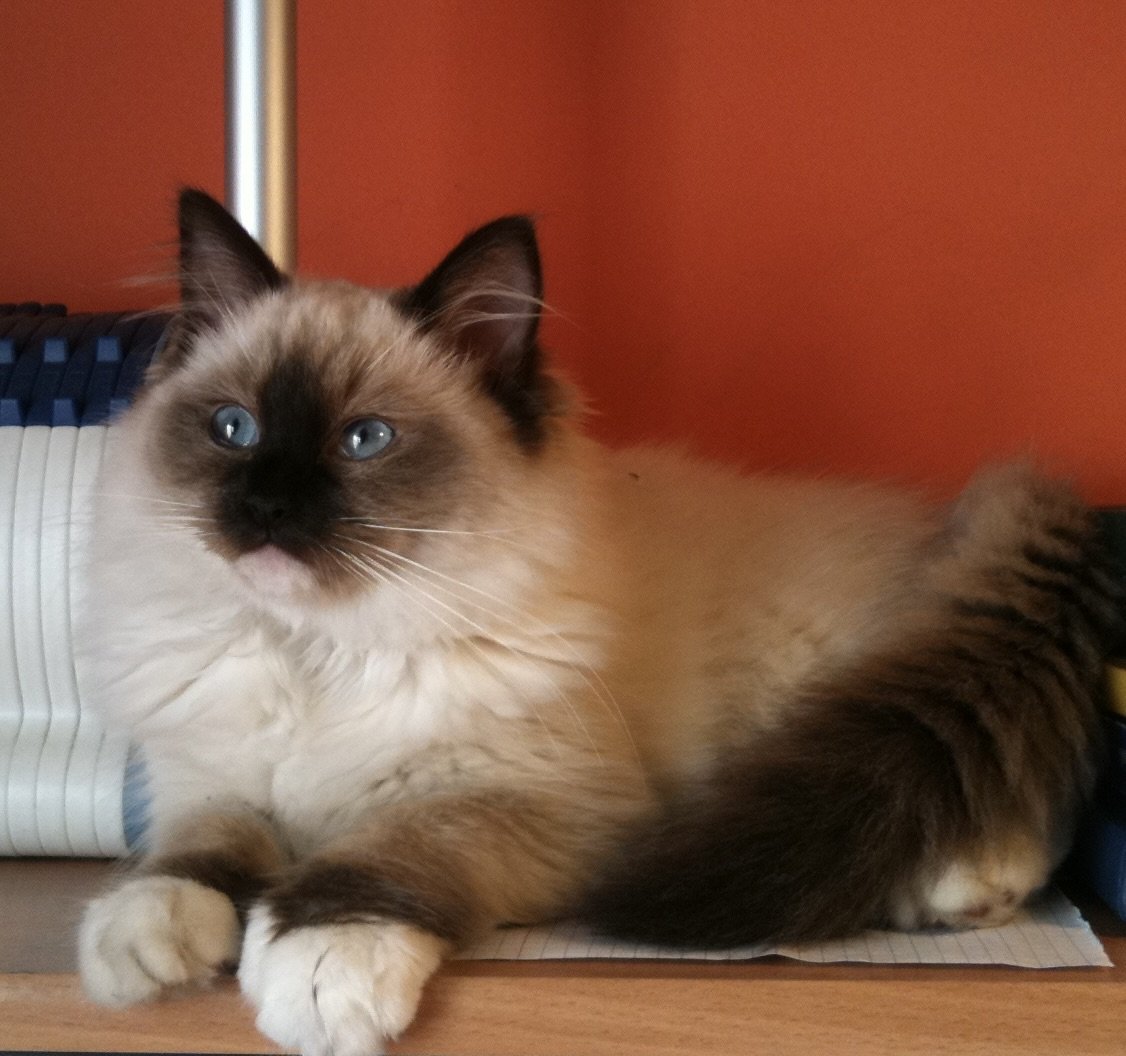
Filters
CLEAR ALLFor years, Yorkshire Terriers have remained one of the most popular and favoured dog breeds in the United Kingdom and globally. These sassy, fearless dogs make wonderful canine companions. They are known to be incredibly adaptable, so they can fit into any owner's lifestyle – whether you live in an apartment in the city or a house in the country. While small in stature, Yorkshire Terriers have big personalities, and they are always ready to take on adventures.
The Yorkshire Terrier, nicknamed the Yorkie, has a long silky coat and adorable pointy ears, making them one of the most attractive representatives of the dog world. They make sure to attract attention wherever they go.
The long steel-blue and tan coat may be the Yorkshire Terrier's crowning glory, but it’s their playful, charming personalities that genuinely endear them to their families.
Unaware of their small size, Yorkshire Terriers are big dogs in small packages!
For years, Yorkshire Terriers have remained one of the most popular and favoured dog breeds in the United Kingdom and globally. These sassy, fearless dogs make wonderful canine companions. They are known to be incredibly adaptable, so they can fit into any owner's lifestyle – whether you live in an apartment in the city or a house in the country. While small in stature, Yorkshire Terriers have big personalities, and they are always ready to take on adventures.
The Yorkshire Terrier, nicknamed the Yorkie, has a long silky coat and adorable pointy ears, making them one of the most attractive representatives of the dog world. They make sure to attract attention wherever they go.
The long steel-blue and tan coat may be the Yorkshire Terrier's crowning glory, but it’s their playful, charming personalities that genuinely endear them to their families.
Unaware of their small size, Yorkshire Terriers are big dogs in small packages!



This tiny terrier has a very delicate structure and will usually weigh no more than 7 pounds and as low as 4 pounds! However, the size of the puppies in one Yorkie litter will often be inconsistent, with some puppies staying small and others getting larger.
They will typically stand 8 to 9 inches tall and possess long, silky coats of hair that reach the floor. Yorkies may have long hair, but it is a single coat, meaning they do not shed much. Although they are not fully Hypoallergenic, this breed is more suitable for people with mild allergies than other dogs.
Most Yorkie puppies are born black; then, as they grow, they will lighten and develop their patterning, which can be black and gold, black and tan, blue and gold, or blue and tan. However, it can take three to four years for Yorkies to get their final coats, and many do not start to lighten until after one year. As you can imagine, their long coats are high maintenance, requiring brushing every day and regular trimming.
If healthy, these small canines will live for 11 to 15 years. However, be sure to avoid breeders that offer "teacup" Yorkshire Terriers. These pups are smaller than the breed standard, so they are a much higher health risk and more prone to genetic disorders.
Along with their dainty bodies, Yorkies can have delicate digestive systems. As a result, many are picky eaters, only eating certain brands of types of dog food. Unfortunately, their small size also gives them a poor tolerance for anaesthesia and a higher risk of injury due to falls.
Yorkies are feisty but affectionate dogs. They are lively, playful, curious, and very protective of their owners. They may be tiny, but they do not see their size as an obstacle and fight anyone necessary to protect their home and humans. However, this does mean that they can pick fights with larger dogs, which of course, could hurt them. Therefore, training is essential for this breed to keep its feistiness under control.
Another reason it's essential to train a Yorkie is their tendency to yap. They are not quiet dogs by any means, but they may bark a lot when meeting strangers or when guests come to the house,
As Yorkies lack an undercoat, they do not like the cold and can quickly get chilly in the winter. Therefore, you should never leave this pup outdoors. However, they do not require much outdoor activity anyway, so it's best to keep them indoors 90% of the time.
Although these small canines can be stubborn, they are not difficult to train. They are pretty bright and respond very well to positive reinforcement. It's always best to start teaching your Yorkie puppy as soon you get them to eliminate any bad habits before they develop.
Yorkies are a breed that needs to stay with their owners often. They easily suffer from separation anxiety and need lots of attention and companionship. Getting two Yorkies together can help somewhat and take some pressure off you.
In some ways, Yorkies are very adaptable. They don't need to go outside much, so they do well in apartments and small homes. However, the most important thing to know before getting a Yorkie is their high social needs. If you work full time and there is no one else to stay home with them, your pup will suffer a lot. Thus, they do best with people who don't work or work from home.
Yorkies also thrive when they grow up in pairs or with another small dog. However, they don't typically take to other pets once they are adults. They are also not suitable for homes with young children as their delicate bodies are easily susceptible to injury. So, if a child accidentally mishandles them, your Yorkie could easily get hurt.



Their stories
We love happy endings. Discover stories of pets who found their beloved family with the help of The Pedigree Paws <3.

Neo
Russian Blue
We had some concerns purchasing a kitten online but our experience with The Pedigree Paws was great. They connected us with Caroline, the Russian Blue breeder and we had many conversations and received multiple pictures and videos. She answered to all our questions.
The Pedigree Paws verified for us all the vaccinations and health checks to make sure our new kitten was 100% healthy.
Thank you for all your help The Pedigree Paws! Highly recommended!

Jack
Miniature Dachshund
One of the reasons I was hesitant to order a puppy from The Pedigree Paws is because I live in Spain. However they connected me with a very good FCI breeder in Barcelona.
He showed me all the health documents of both parents, their pedigree and answer to all my questions. I am so happy they helped me to find a healthy puppy as finding one by myself was very overwhelming. Contacting The Pedigree Paws was the best decision and I highly recommend them to everybody!

Stitch
Chartreux
From the kittens's selection to the arrival of our Chartreux kitten, The Pedigree Paws was there to assist us. We had great experience with them, and they breeder Alexandra from France with whom they connected us and from whom we got our kitten from. They are very prompt in answering our initial and follow-up questions while our kitten was in transit. Very reliable and trustworthy!
Thank you so much for all your help. We are very happy with our new family member. We will definitely recommend it to all our friends.
Athena
Chihuahua
It's been a few months since we decided to find a Chihuahua puppy to join our family, however we had issues finding a good breeder.
We contacted The Pedigree Paws and they connected us with a very unique breeder in Greece. Many videos and pictures were shown, the breeder shared with us the proof of vaccinations, deworming and her 5 generation pedigree. We were fortunate as George, the breeder was able to deliver the puppy to us personally. We are very pleased with our beautiful Athena. Thank you, The Pedigree Paws, for being truthful and transparent.
Thor
Abyssinian
I feel wonderful having help from The Pedigree Paws finding the dream Abyssinian kitten I was looking for. Thor is the absolute dream! The Pedigree Paws team was really patient and responsible in everything. Lovely experience! They replied to every questions, requirements, and information I ask about the kitten.
Fin
Chihuahua
Thank you for finding for me such a beautiful Chihuahua puppy! I love him so much from the minute I saw him. He changed my world.
Kate, from The Pedigree Paws assisted me through the whole process informing me about everything from health checks to arranging a Pet Nanny to transport Fin directly to my door. So thankful that the experience went so well! I love my Fin.

Emi
Ragdoll
I have always wanted a Ragdoll kitten as it was my dream cat breed, but didnt know how to find one as heard a lot about kitten farms and bad breeders. I reached out to The Pedigree Paws and they were very accommodating and transparent from the start. They offered me few kittens from their list of breeders and when I saw Emi I knew she was the one! We went through the kitten's parents DNA testing as for me that was a priority to have a kitten free from genetic disorders. We sealed the deal and now I have the best kitten I could dream of! Thank you very much for all your help
Shima
Russian Blue
I really wanted a Russian Blue kitten, but was very nervous getting one after reading horror stories about scammers on the Internet. I had my first call with Natalia, from The Pedigree Paws and with her help I was able to connect with the breeder, that I knew I could trust. I am very lucky to have now Shima, she is an absolute joy to live with.
Need some help?
Contact us to speak to our friendly advisor, who will gladly help you find your dream pet!



We are registered in England and Wales under registration number 12568840,
and our registered office is at 58-60 Kensington Church Street, W8 4DB London, England.
© 2023 The Pedigree Paws